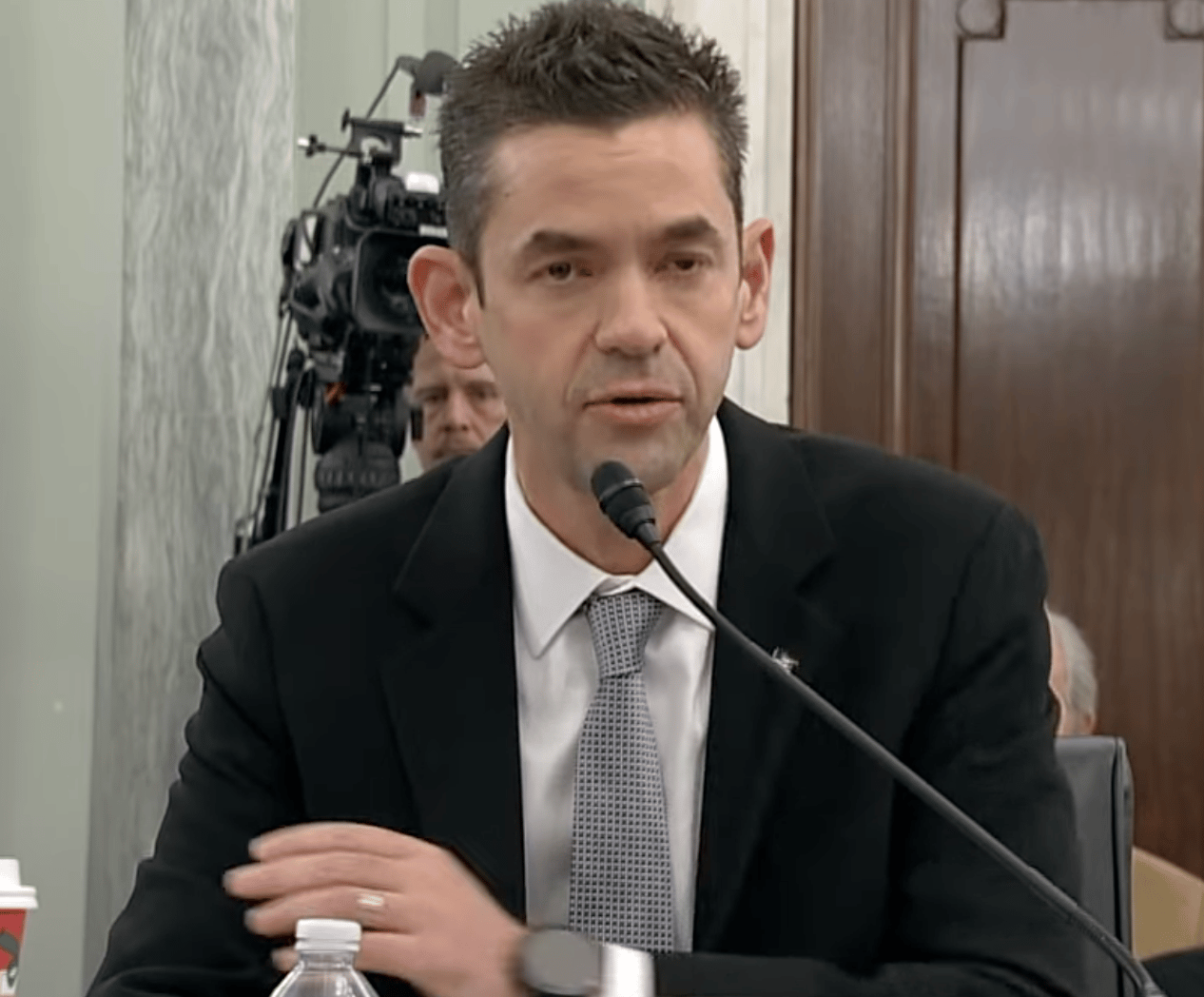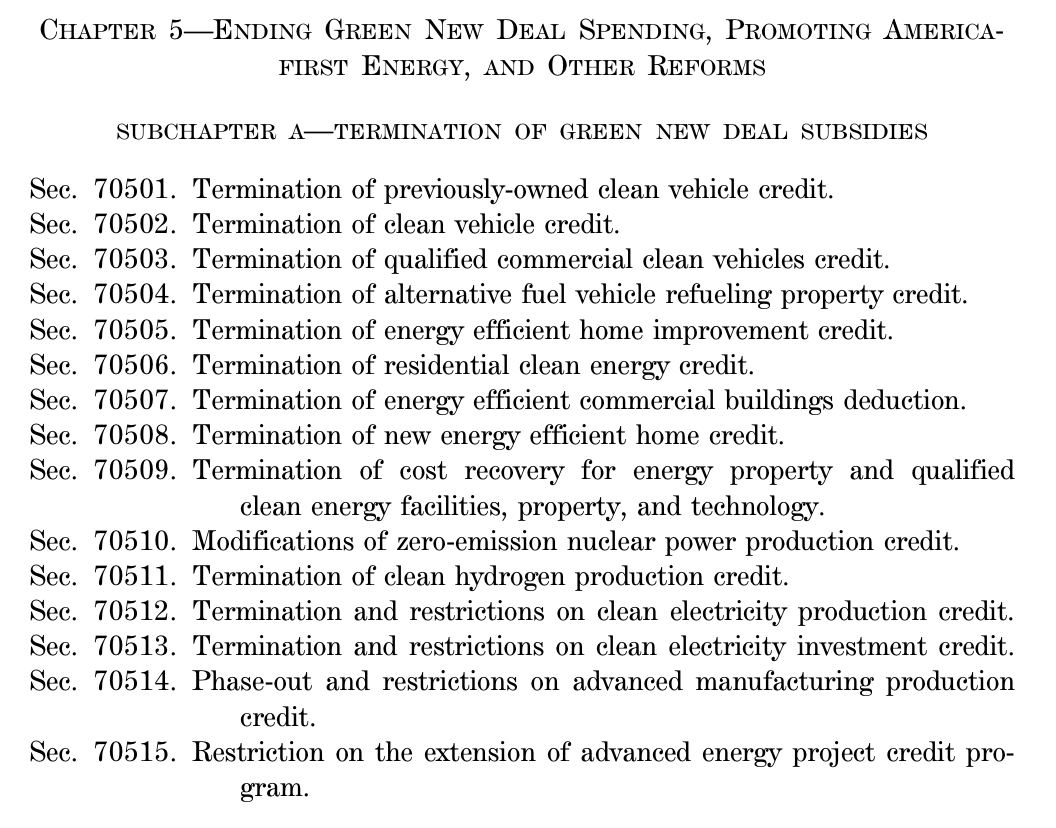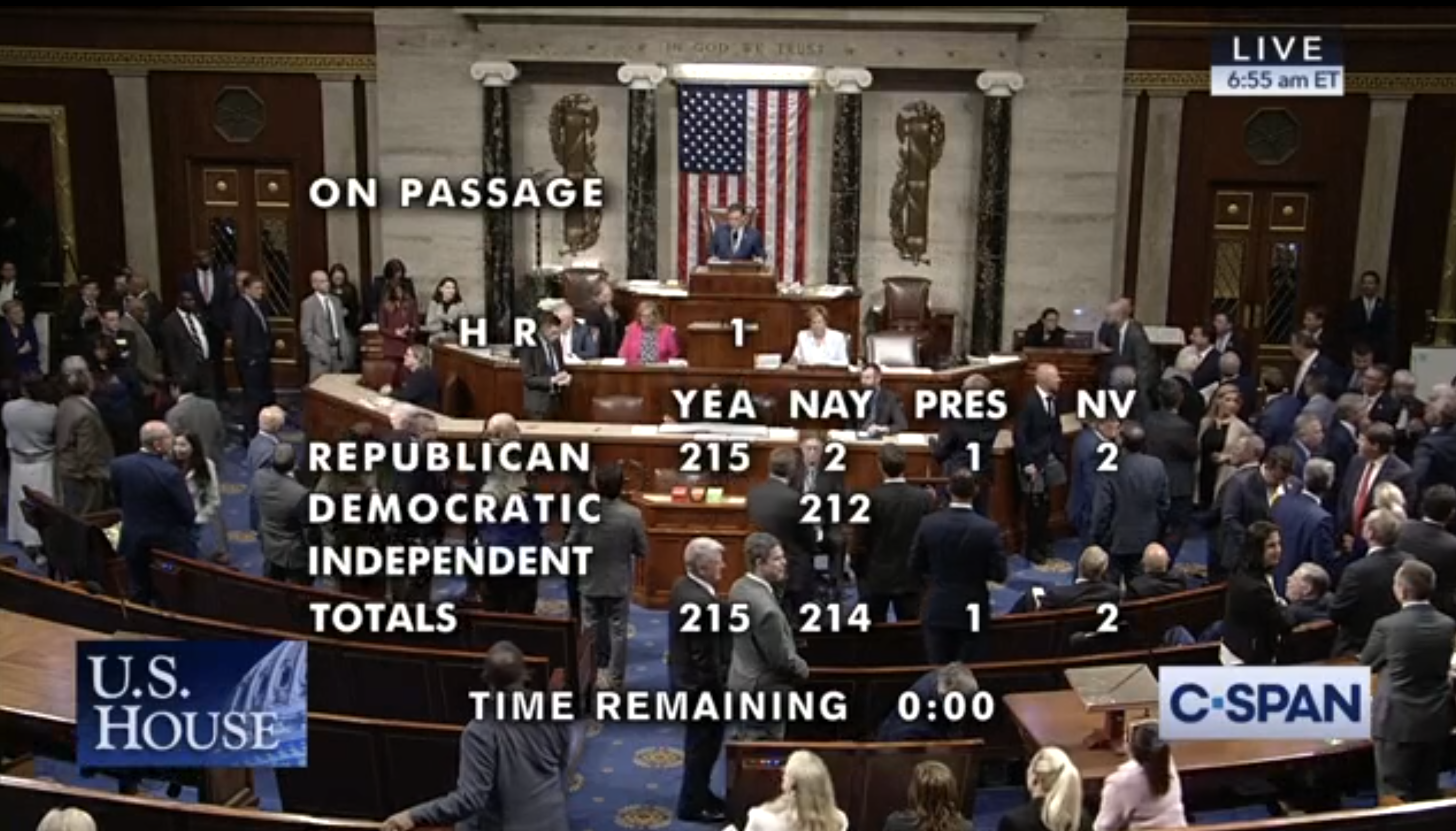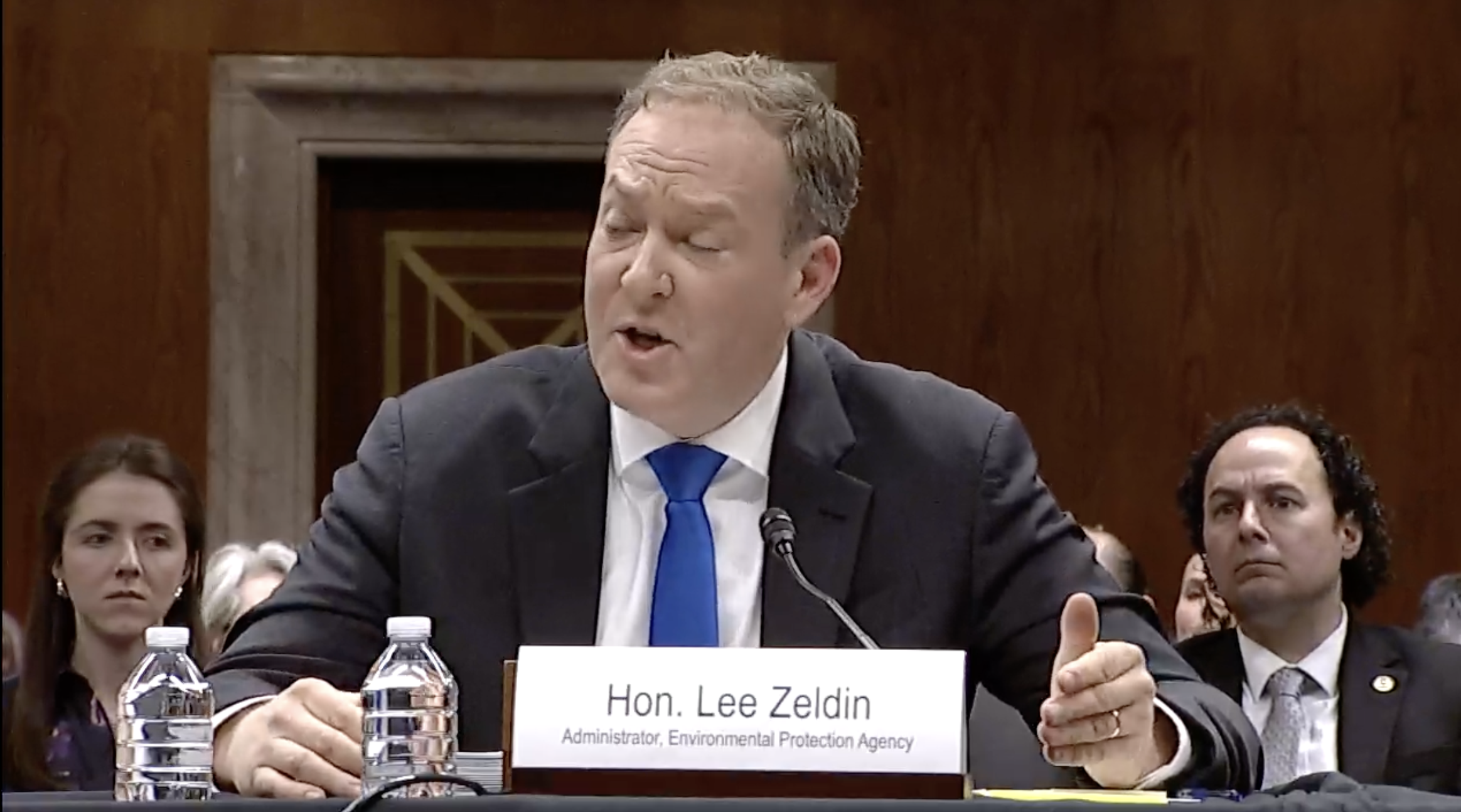 Jared Isaacman
Jared IsaacmanBy a vote of 67-30, the U.S. Senate confirmed billionaire SpaceX enthusiast Jared Isaacman to be the administrator of the National Aeronautic and Space Administration on Wednesday afternoon, in the wake of the Trump administration’s announcement it was dismantling NASA’s sister earth-science institution National Center for Atmospheric Research for “climate alarmism.”
Sixteen Democrats, including Commerce ranking member Maria Cantwell (D-Wash.), joined all Republicans who voted. The other Democrats who backed the Elon Musk ally include Democratic whip Dick Durbin of Illinois, DSCC chair Kirsten Gillibrand of New York, Commerce members Tammy Baldwin of Wisconsin, John Fetterman of Pennsylvania, and Andy Kim of New Jersey; Energy and Natural Resources ranking member Martin Heinrich of New Mexico; former astronaut and EPW member Mark Kelly of Arizona and his fellow senator Ruben Gallego; EPW member Adam Schiff of California, Maggie Hassan and Jeanne Shaheen of New Hampshire, Tim Kaine and Mark Warner of Virginia; Elissa Slotkin of Michigan; and Angus King of Maine.
Sens. Chris Coons (D-Del.) and the Iowa Republicans Chuck Grassley and Joni Ernst were absent.
Jared Isaacman made his billions as CEO of the Shift4 payment processing firm and has flown to space twice on SpaceX missions he financed himself. He co-founded Draken International, which trains pilots for the U.S. military. Isaacman is a pal and an extreme admirer of Elon Musk.
In committee, Cantwell, Baldwin, and Fetterman joined Republicans to support his confirmation.
Isaacman’s confirmation hearing took place on December 3rd, as NASA illegally moved forward with the rapid downsizing of the Goddard Space Flight Center in Greenbelt, Md.
Isaacman was nominated in the spring to be NASA administrator, with his nomination hearing on April 9th. Right before the vote on his confirmation, the White House pulled his nomination. He was renominated this fall.
According to a recent reporting by Ars Technica, the Trump administration is looking to slash the space agency’s science budget by as much as 50 percent, which could prove disastrous for the future of space research.
You’d think that would be top of mind for Isaacman, but his head is instead blissfully empty.
“I’m a humble nominee on the outside, hoping for a chance to contribute,” he tweeted, responding to a post that referenced the news. “I don’t know anything about those supposed cuts, but the President said he’s targeting fraud, waste & abuse w/ a scalpel — not a hatchet.”
Isaacman’s confidential plans for the agency, titled Project Athena, circulated around Washington before being circulated around Washington before being leaked. “Take NASA out of the taxpayer funded climate science business and leave it for academia to determine,” Isaacman wrote. Given the opportunity to disavow that plan at his confirmation hearing, Isaacman refused.



 In a
In a